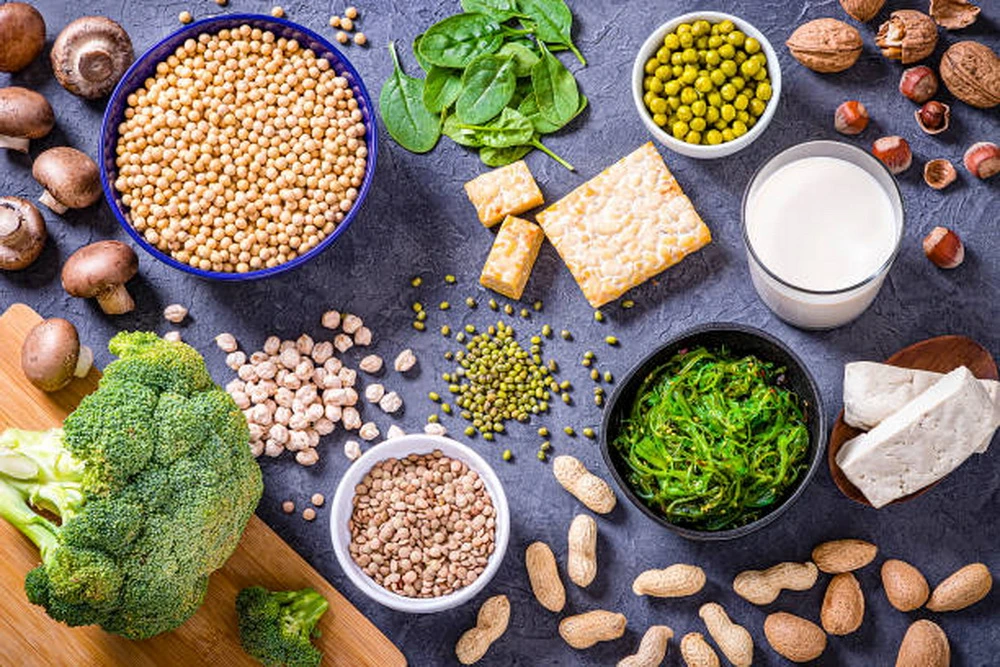
Protein is one of the essential nutrients, playing an important role in the body's main functions and helping to strengthen muscles.
Protein is often found in meat, however if you are a vegetarian or vegan and want to lose weight, you can completely supplement foods containing vegetable protein through vegetables and other foods.
1. Some foods rich in protein
If you're looking for plant-based protein-rich foods to add to your healthy diet and aid in weight loss, check out some of the foods below.
Nut milk
Nut milk is low in calories but rich in protein, healthy fats and natural minerals for the body. Nowadays, this type of milk has become a must-have food in health-protecting diets.
Some protein-rich nuts are often used to make nut milk such as almonds, soybeans, flax seeds, seeds, rice, buckwheat, etc. The sweetness and natural taste of the nuts make the milk easy to drink, adding flavor when combined with coffee or tea.
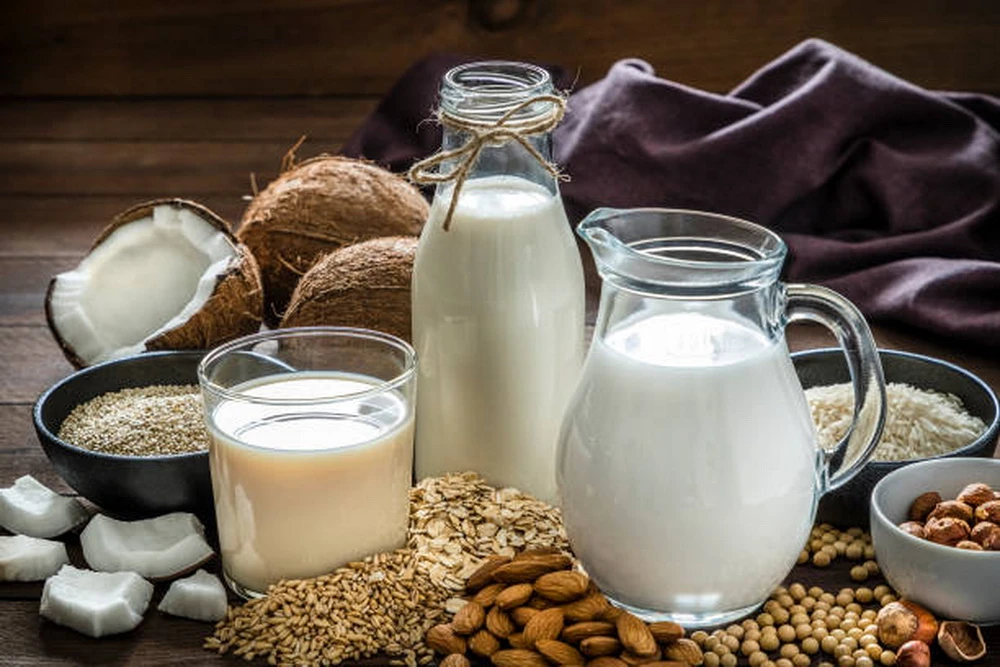
Oatmeal
Oatmeal is no longer strange to Vietnamese people in recent years when the trend of using healthy foods is becoming more and more popular. Oatmeal contains many nutrients such as protein, fat, B vitamins, minerals such as magnesium, manganese, iron, calcium,...
Oatmeal is often used with nut milk, unsweetened yogurt, bananas, strawberries, blueberries, etc. In addition, oatmeal can also replace wheat flour in some healthy baked goods.
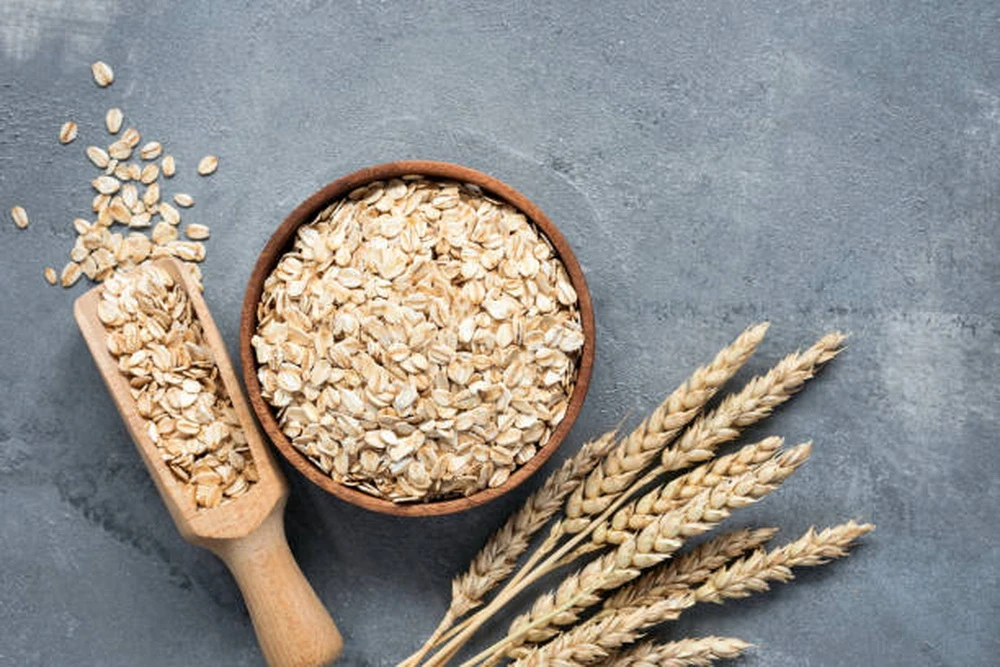
Lentils
Lentils are rich in nutrients, including protein, iron, calcium and fiber, which help lower blood cholesterol. Each spoonful of lentils provides you with a large amount of nutrients, including protein, iron, calcium and fiber, heart-healthy polyphenols. The high fiber content in lentils helps lower blood cholesterol. This protein-rich food also reduces the risk of heart disease, stroke and cleans the arteries.
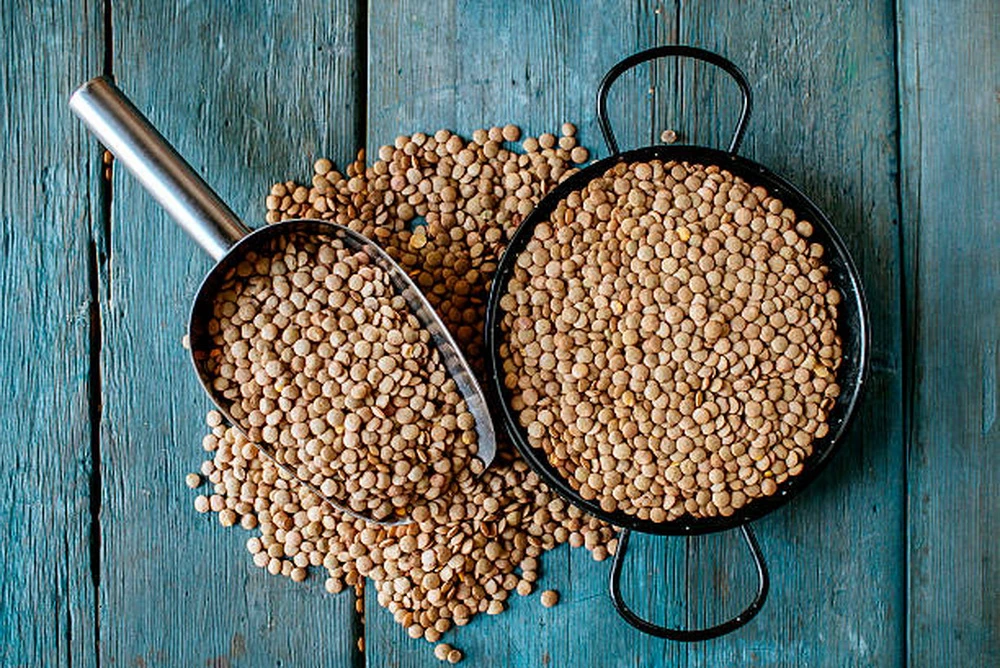
Chickpeas
Chickpeas provide a high amount of protein. Chickpeas are versatile, nutritious, and hypoallergenic. What’s more, this protein-rich food is also very cheap. You can choose this type of bean to replace pasta, rice, chips, and ice cream.
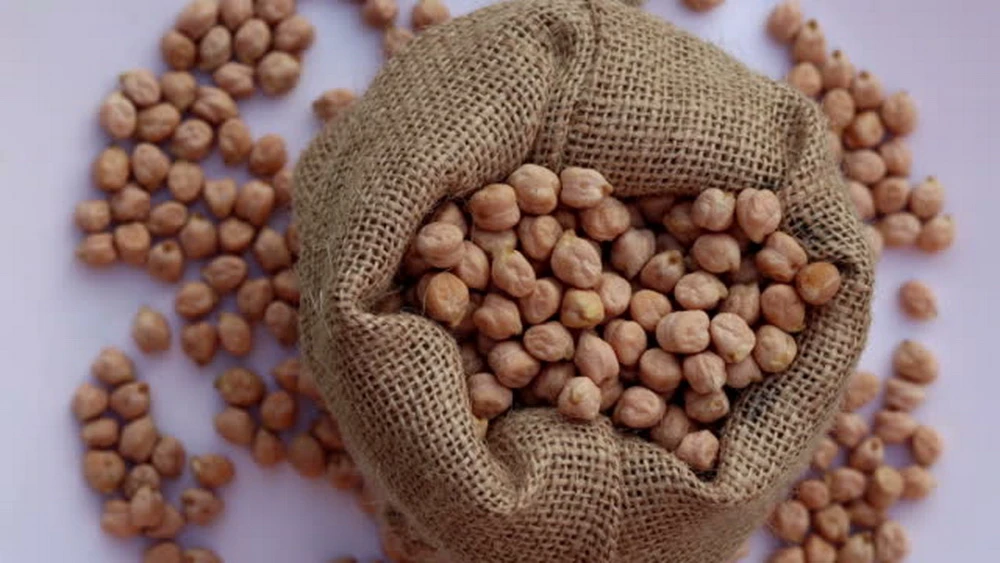
Black beans
Besides protein and fiber, black beans are also rich in other essential nutrients that are good for health. Black beans can be used to make daily drinks, make sweet soups or add to dishes.
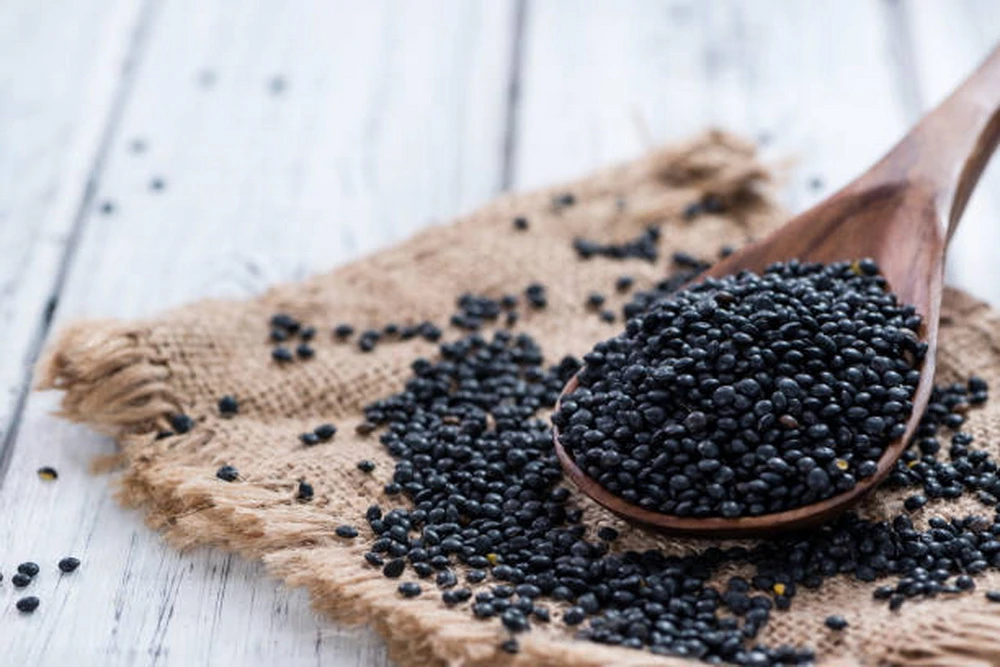
Brown rice
Brown rice is not only rich in fiber and B vitamins but also contains more protein than white rice; it is an excellent source of vegetable protein to replace white rice, supporting weight loss and reducing excess fat.
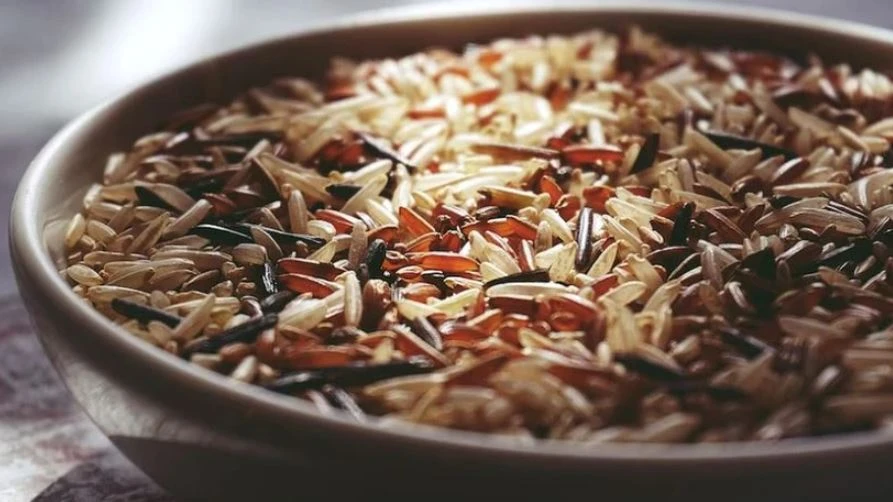
Quinoa
Quinoa seeds have a similar shape to rice grains and are rich in nutrients such as protein, fat, omega 3, and natural fiber.
Quinoa is cooked with water and replaced with rice in daily meals. Not only for dieters, if using quinoa 2-3 times/week instead of rice also helps the body absorb nutrients better and change the taste of family meals.
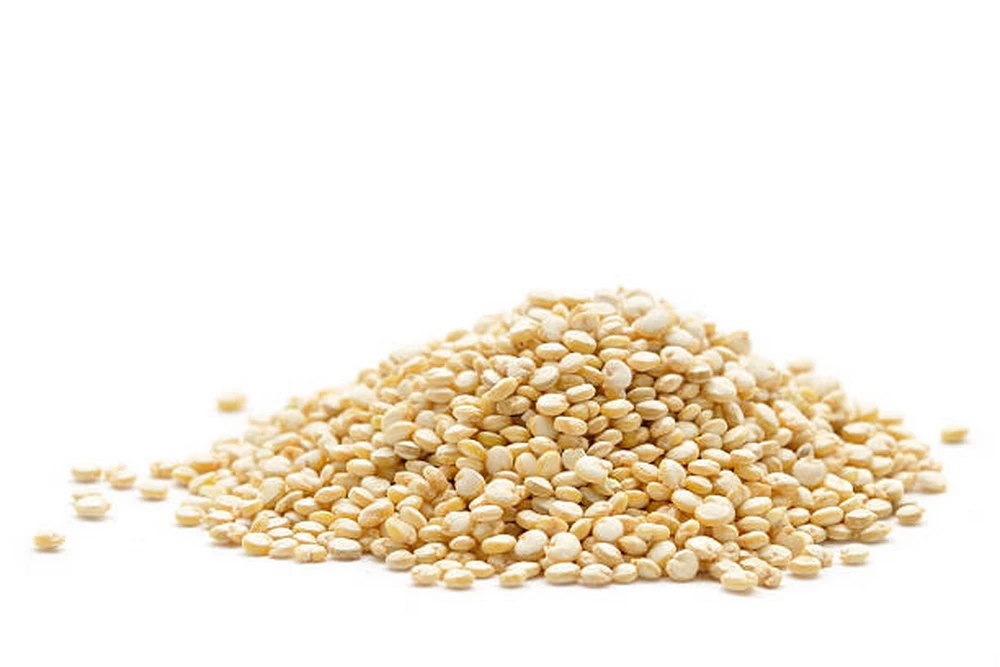
Japanese Soybeans
Edamame soybeans contain high levels of protein. In addition, Edamame soybeans also provide healthy fiber, folate, and potassium. Folate helps prevent homocysteine, which negatively affects mood, helps reduce stress, and helps improve quality of life.
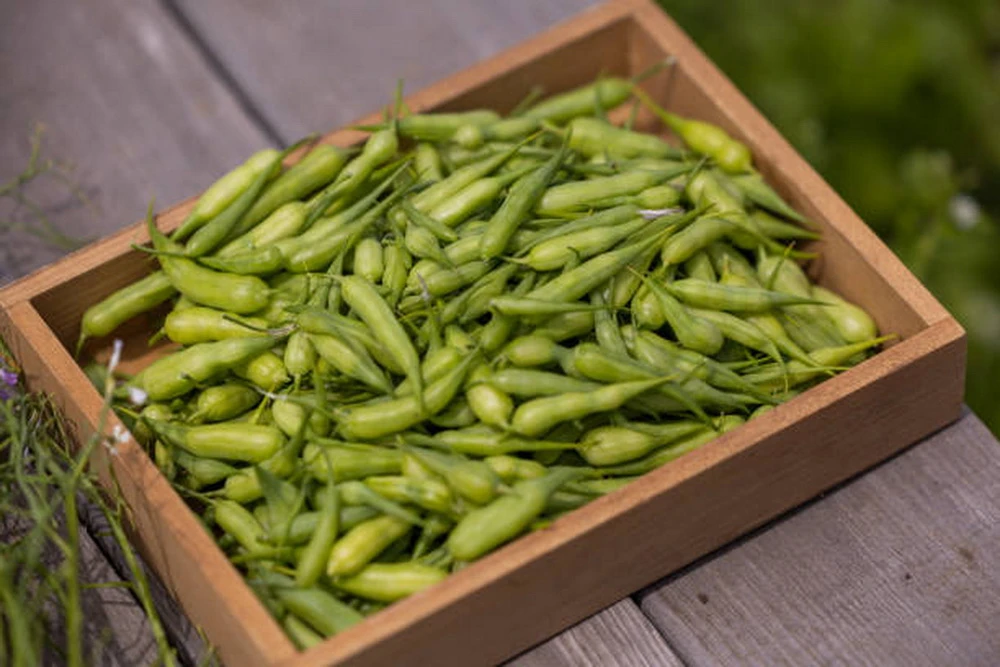
Dark green vegetables
Vegetables and fruits are often mentioned when talking about fiber and vitamins, but they are also a good source of natural protein for health, especially dark green vegetables, such as spinach, broccoli, bell peppers, lettuce, kale, cabbage, peas, green kiwi, avocado.
In addition to protein, fiber and vitamins, dark green vegetables also contain antioxidants that help beautify the skin, prevent cancer and effectively fight aging.
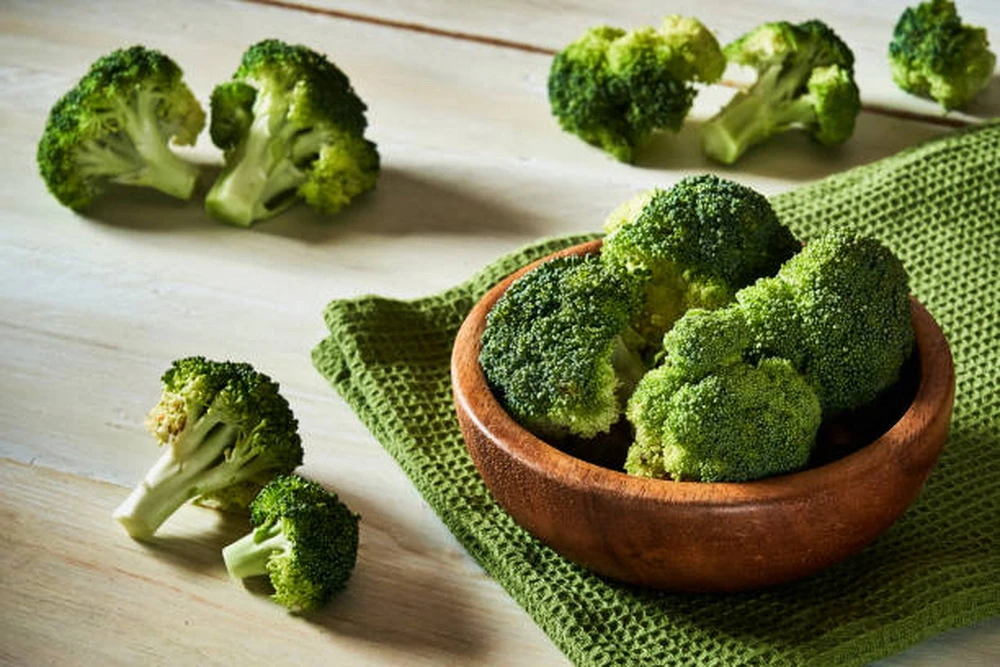
Soy foods
Soybeans contain a lot of protein, fat, B vitamins, and minerals. In addition to soy milk and tofu, soybean oil is also a safe and healthy source of vegetable oil.
Soybean oil is recommended as a substitute for regular cooking oil to reduce bad cholesterol intake. Soybean flour can also be used as a breakfast substitute with full energy.
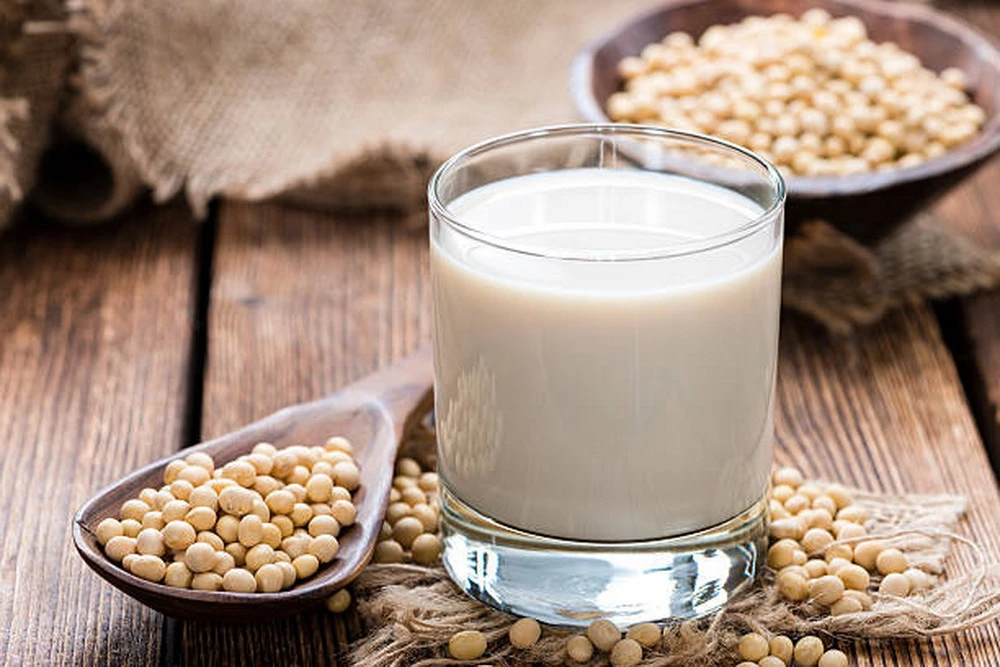
Butter from plants
All grains are rich in protein and good fats, making them a valuable part of a vegan diet. Grain butters, such as peanut butter and almond butter, are great sources of protein.

2. Benefits of plant protein sources
Plant-based foods offer many health benefits, not only helping to improve medical conditions but also being a proactive way to prevent cardiovascular and glycemic diseases.
Weight loss support
Plant-based foods are often recommended for use in diets to lose weight or balance nutrition for health. Because these products contain a lot of protein and fiber, creating a feeling of fullness for a long time. The beneficial fat content along with vitamins and minerals help ensure the necessary nutrition for the body's energy metabolism.
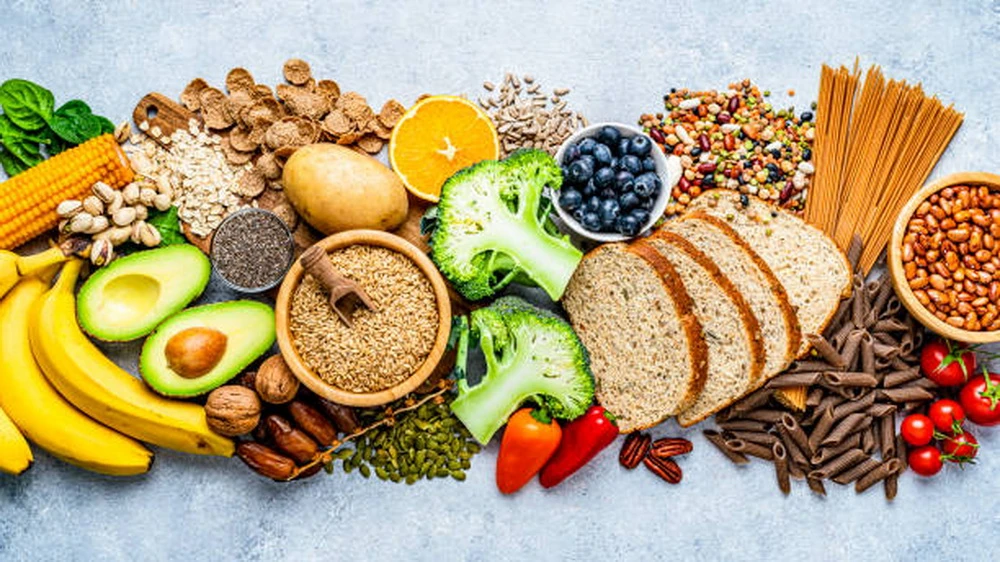
Improve heart health
The nutrition of daily food directly affects the health of people with or at risk of cardiovascular disease.
If it is not possible to completely replace with foods of plant origin, people with cardiovascular disease should supplement their daily meals with foods containing meat, eggs, milk, etc.
Support blood sugar regulation
Blood sugar levels are directly affected by the food and drinks consumed daily. Plant-based foods are often low in sugar and rich in fiber, which supports the body in the process of creating natural insulin to help balance blood sugar./.
Source






















![[Photo] National Assembly Chairman attends the seminar "Building and operating an international financial center and recommendations for Vietnam"](https://vphoto.vietnam.vn/thumb/1200x675/vietnam/resource/IMAGE/2025/7/28/76393436936e457db31ec84433289f72)













































































Comment (0)